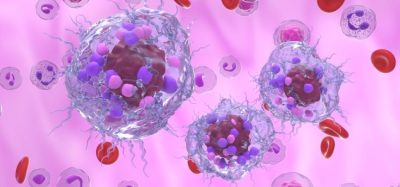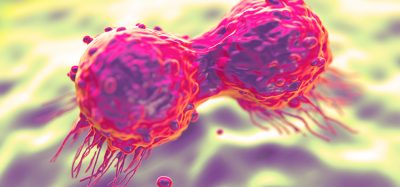NICE recommends new combination breast cancer drug
The agency’s recommendation could provide eligible breast cancer patients with a treatment that analysis suggest is to likely to work as well as two medicines already recommended by NICE.
The National Institute For Health and Care Excellence (NICE)’s has recommended a new combination treatment for advanced breast cancer patients. AstraZeneca’s Truqap (capivasertib) in combination with fulvestrant is indicated as a treatment option for around 1,100 UK adults with hormone receptor (HR)-positive HER2-negative breast cancer with certain genetic mutations.
In its final draft guidance, NICE gave a positive opinion of the drug for breast cancer patients who have relapsed or their cancer worsened post-treatment with a CKD 4 and 6 inhibitor and an aromatase inhibitor, a form of hormone therapy.
The agency’s decision follows the EMA’s human medicines committee positive opinion of the treatment last year. NICE requested further analyses from AstraZeneca, about the kinase inhibitor capivasertib’s long-term effectiveness compared with current treatments, resulting in the current recommendation.
Clinical efficacy of the combination cancer treatment
Results from a clinical trial showed that capivasertib plus fulvestrant delayed the time of the cancer worsening by around 4.2 months compared with placebo plus fulvestrant”
Results from a clinical trial showed that AstraZeneca’s capivasertib, plus fulvestrant, delayed the time of the cancer worsening by around 4.2 months compared with placebo plus fulvestrant, NICE explained.
While the former drug combination have not been directly compared in a clinical trial with two other treatments it recommends, alpelisib plus fulvestrant and everolimus plus exemestane, “indirect comparisons suggest that it is likely to work as well as these”, NICE noted.
As a twice-daily tablet, capivasertib can be administered when patients have limited treatment options. It could potentially delay patients requiring chemotherapy and subsequently experiencing the associated side-effects, Helen Knight, Director of Medicines Evaluation at NICE explained.
AstraZeneca progress in expanding treatment options for breast cancer
In January, NICE recommended another treatment option for HER2-negative, locally advanced or metastatic breast cancer. The decision was based on Phase III study results showing AstraZeneca’s poly-ADP ribose polymerase (PARP) inhibitor enabled a median progression-free survival 7.0 months, compared to 4.2 months with chemotherapy only.
Related topics
Anti-Cancer Therapeutics, Big Pharma, Biopharmaceuticals, Clinical Development, Clinical Trials, Data Analysis, Drug Development, Drug Markets, Drug Safety, Industry Insight, Regulation & Legislation, Research & Development (R&D), Therapeutics










